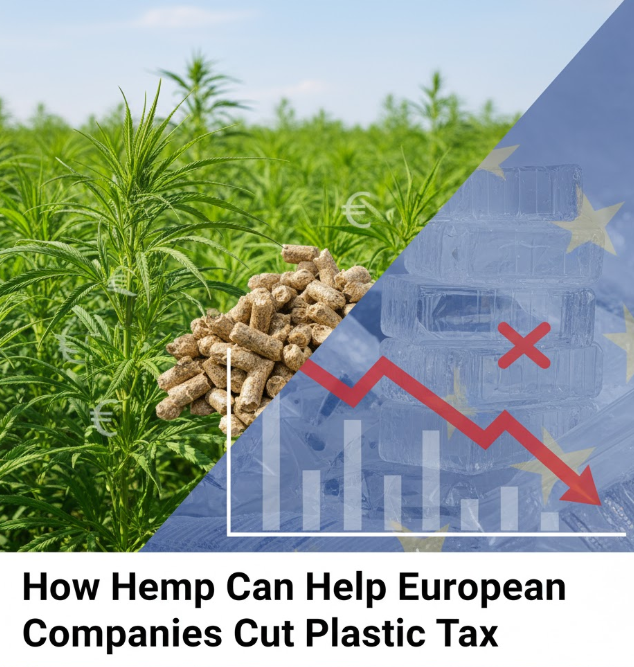Cluster Development
Cluster Development
Bringing Farmers Together To Generate Higher Income The Department of Agriculture, Uttarakhand, India, mentions that most of the individual landholdings in the state are small. More than 70% of the holdings are marginal, measuring up to one hectare or less.
That makes the cluster development approach in agriculture eminently suitable for the state. That is the only sustainable approach for addressing the higher income need of marginalized farming families in the state.
What These Terms Mean
Small and marginal farmers usually gain from connection with other stakeholders in the agricultural value chain. That is the vision guiding the cluster development approach.
Cluster Development: What It Means
The cluster development approach in agriculture and agro-based industries implies directing funds and other resources to a group of small landholdings collectively. It involves creating horizontal and vertical linkages between local agricultural enterprises.
These enterprises then get linked to facilitating agencies like the local government, non-governmental organizations, etc. These bodies improve the collective capacity of connected enterprises through financial and technical support.
Advantages Of The Cluster Development Approach
The advantages of this approach are manifold:
- Cluster initiatives facilitate the concentration of resources and funding in specific areas with high development and growth potentials.
- The collective capacity of merged small and marginal landholdings is considerably greater than what each one of them can achieve individually. The inclusion of facilitating bodies contributes to that.
- The collective is in charge of supplying the inputs and of marketing the products. The individual farmers are responsible for production. This division of responsibilities enhances the overall performance of the cluster.
- This approach promotes on-farm productivity and the production of specific marketable agricultural crops and products based on those crops.
- The overall marketing capacity of the cluster increases through this approach.
Why Hemp Is A Suitable Product For Cluster Development in Uttarakhand
Several facilitating factors make hemp cultivation appropriate for a cluster development initiative in Uttarakhand.
- Hemp grows naturally in the Uttarakhand region. The soil and the climate in the region are favorable for hemp farming.
- Large tracts of land in the state have been left barren due to mass-scale out-migration from the state. Hemp farming is more advantageous than any other crop as it can grow easily on infertile land also.
- Hemp also helps rejuvenate the soil. Its cultivation has the potential of making land left fallow for more than five years cultivable again.
- Hemp grows fast and has multifarious uses. That facilitates the development of agro-based industries focused on hemp-based products.
The Critical Role Of Hemp Foundation
Academics and activists alike recognize that cluster development is possible only with external intervention. Several factors make this necessary:
- Small and marginal farmers usually lack information about modern agricultural techniques.
- They also do not have sufficient information about global developments in agro-industries to adapt their products accordingly.
- In a globalized economy, it is impossible for small and marginal farmers to link their products to the demand in the global market.
- Lack of managerial capacities for modern trade and commerce is another debilitating factor.
This is where the Hemp Foundation comes in. We facilitate cluster development in Uttarakhand with hemp as the central crop. The aim is to generate higher income for small and marginal farmers in the state.




